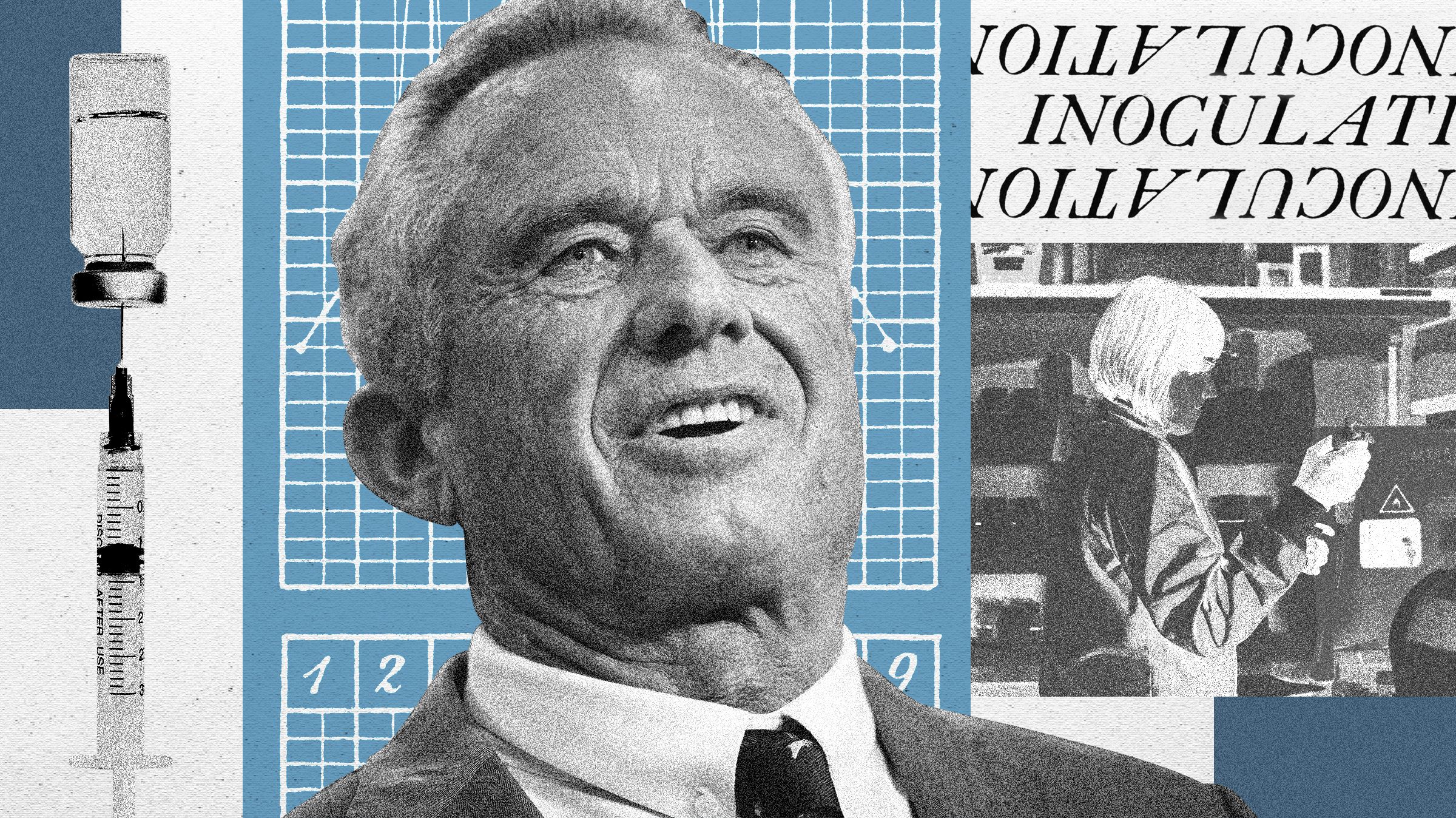RFK Jr. Is Supporting mRNA Research—Just Not for Vaccines
Robert F. Kennedy Jr., a prominent anti-vaccine advocate, has announced that he is supporting mRNA research, but not for vaccines. Kennedy has been vocal in his opposition to mandatory vaccinations and has often spoken out against the use of vaccines containing mercury and other harmful substances.
Kennedy’s support for mRNA research comes as a surprise to many, given his past statements denouncing vaccines. However, Kennedy has clarified that he believes mRNA technology could have potential uses in other areas of medicine, such as cancer treatment and gene therapy.
Despite his support for mRNA research, Kennedy remains skeptical of the COVID-19 vaccines that have been developed using this technology. He has raised concerns about their safety and efficacy, and has called for more research to be done before widespread vaccination campaigns are implemented.
Many in the scientific community have criticized Kennedy for spreading misinformation about vaccines and undermining public trust in the COVID-19 vaccines. However, Kennedy maintains that he is simply advocating for transparency and informed consent when it comes to medical interventions.
While Kennedy’s stance on mRNA research may seem contradictory to his anti-vaccine beliefs, he argues that he is not against all forms of medical innovation, but rather wants to ensure that new technologies are thoroughly tested and proven to be safe before being widely adopted.
As the debate over vaccines and mRNA technology continues, it is clear that Kennedy’s views will continue to attract attention and controversy. Whether his support for mRNA research will lead to broader acceptance of this technology in the medical community remains to be seen.
Despite his controversial reputation, Kennedy’s advocacy for mRNA research may signal a shift in his approach to medical science and innovation. Only time will tell how his views on this technology will evolve and influence the larger conversation around vaccines and public health.



